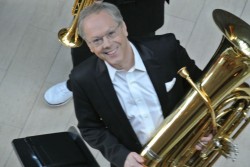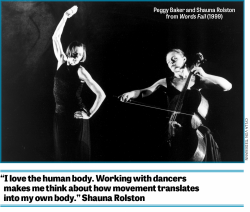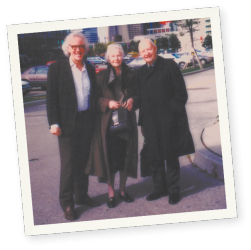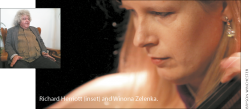Behind the Scenes - Chuck Daellenbach
 In anticipation of the Canadian Brass’ upcoming appearance April 27, the final concert in this year’s Mooredale Concert Series, I tracked tuba player Chuck Daellenbach down for a thoroughly entertaining hour-long chat at his south Rosedale Toronto home, middle of March 2014.
In anticipation of the Canadian Brass’ upcoming appearance April 27, the final concert in this year’s Mooredale Concert Series, I tracked tuba player Chuck Daellenbach down for a thoroughly entertaining hour-long chat at his south Rosedale Toronto home, middle of March 2014.
What follows is a full length transcript of that chat: a conversation that roamed here and there over the whole 44 years of the Brass’ existence: commissioning and arranging, their momentous 1977 groundbreaking trip to China, recording, media, player personnel and more. Or you can click HERE for a flip through replica of the article the way it appears in the April 2014 print edition of The WholeNote Magazine. (Story commences on page 11.) Either way, what follows gives a taste of the indefatigable Daellenbach, now the only member of the original quintet still in full-time performing harness with what is undoubtedly the best-known Canadian chamber ensemble of our (and perhaps all) time. Enjoy.






